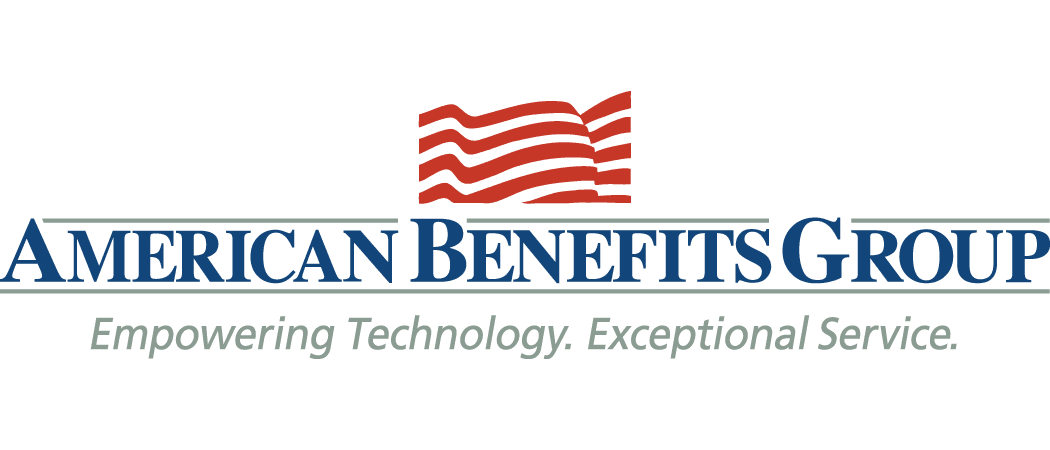Marketplace

Summary
Employer sponsored Flexible Spending Accounts (FSAs) allow employees to set aside a portion of their earnings on a pre-tax basis to pay for qualified medical and/or dependent care expenses.
Health Flexible Spending Account
The most common type of FSA is used to pay for medical expenses not covered by insurance; this usually means deductibles, copayments, and coinsurance for the employee's health plan, but may also include other expenses not covered by the health plan such as dental and vision expenses.
The Health FSA is federally capped at $2,650 per year. The employee’s annual election for the Health FSA is available for the employee and his/her family or eligible dependents at any time within the plan year after the employee has enrolled and become an active participant in the Plan. This is known as the Uniform Coverage Rule.
Limited Purpose FSA (LPF)
Reimbursements are limited to Vision and Dental Expenses, making participation in this account compatible with contributing to an Health Savings Account (HSA).
Dependent Care Account (DCA)
FSAs can also be established to pay for certain expenses to care for dependents that live with you while you are at work. While this most commonly means child care for dependent children up to age 13, it can also be used for adult day care for senior citizen dependents that live with you, such as parents. It cannot be used for summer camps (other than "day camps") or for long term care for parents that live elsewhere (such as in a nursing home).
Related Links
Other American Benefits Group Products
Subscribe to get American Benefits Group partner and product updates
